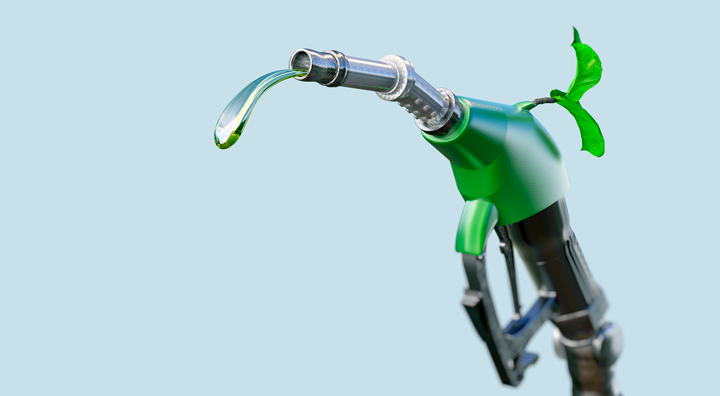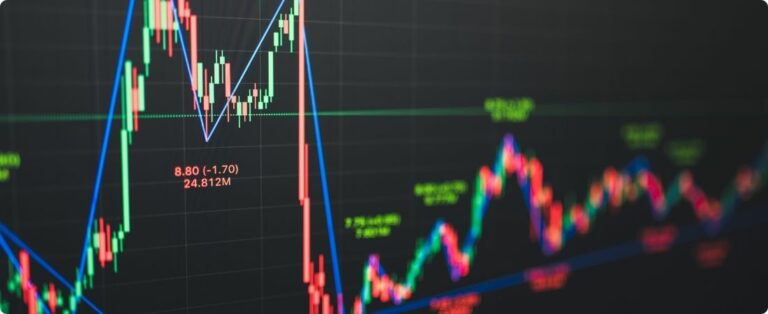
Image: Pixabay
As we collectively know, the world is constantly changing. The biggest goal that every company tries to achieve is how to achieve better results with lower costs, taking into account, of course, the environment.
This is not an easy task and there are many challenges to be faced.
Based on this premise, in recent years, we have noticed an expansion in one of the most important markets for the Brazilian economy: Biodiesel.
The benefits of Biodiesel for our country are gaining more and more attention from producers, as can be seen in the examples below:
Social Benefits: With the growth in the volume of Biodiesel in Brazil (2018 being the highest in the last 10 years), an increase in the volume of oilseed crushing is expected in the coming years, depending on the target of 20% of Biodiesel (due to B20) in 2028. Currently, it is between 10% and 12%.
With the new legislation, an increase in the crushing of oilseeds in Brazil is expected, which could benefit the country's families and create jobs for the agribusiness sector and for local crushers.
Environment: With the new target of 20% of Biodiesel (B20) in regular diesel, a drop in production with fossil raw materials is expected. This fact could be beneficial to the environment, as less CO2 will be expelled into the atmosphere, especially in large cities where air conditions are getting worse every year.
Economic: By replacing part of the fossil diesel with biodiesel products (which is mainly made up of vegetable oil), most gas companies make a greater profit by switching to this material, because it is cheaper than fossil fuel. Furthermore, Biodiesel factories are helping our country to create several jobs, helping the Brazilian economy and also helping the country to be known for more final products and not just agricultural ones, arousing the interest of foreign investors.
Brazil is a country with many resources for agricultural products, in line with the foreign view of us. All the raw materials that this segment needs are found in abundance in the country, probably more than anywhere else.
In general, the main raw materials for this market are:
Tallow Aanimal: Brazil has the largest slaughterhouses in the world. Our meat is extremely popular, with exports constantly increasing. The by-product, tallow, is highly recommended for use in biodiesel, mainly due to price, performance and tax benefits, compared to other biodiesel raw materials.
oil slook: Currently, Brazil is the largest soybean producer in the world, surpassing the United States. This is the product with the greatest availability and demand. At the current moment, the price of soybean oil dictates the market, therefore, to understand the price of other raw materials it is important to first understand this. Thanks to the dollar and the high demand for Biodiesel, last year, soybean oil prices reached their highest levels in decades. Around 70-75% of Biodiesel in Brazil is produced from soybean oil.
Due to the rise in the American currency in relation to the Real, soybean oil exports grew. As a result, grain volumes in the local market became more limited and, thanks to the high demand in the biodiesel segment, growth last year is clear, with the expectation of maintaining the pace until the end of 2021.

Source: AgFlow
Cottonseed Oil: Especially in the raw version, the demand for raw cottonseed oil for the biodiesel market has been steadily growing in recent years. The harvest of this product is opposite to that of soybeans, therefore, it is only in the second half of the year in Brazil. Without greater competition, this oil becomes one of the most attractive, especially in terms of price (it is typically 15-20% cheaper than soybean oil).
However, there is a reluctance on the part of biodiesel companies to buy raw cottonseed oil, mainly because of the darker color, which can impact the final color of the product and the Gossypol content, which even after all the processing remains in the Glycerin (by-product of Biodiesel).
Palm oil: Brazil is becoming an international reference in palm oil production. It is expected that in the coming years, with greater investments, our country will be self-sufficient in production and a potential exporter. With good quality and competitive prices (similar to cottonseed oil), palm oil (especially in the raw version) becomes a good option for biodiesel companies. This raw material is still not used by some companies due to its non-standard color and higher FFA. However, some factories, in order to use this cheaper material, end up mixing the product with soybean oil, to obtain the correct color and be able to process it without any problems.
DDG Corn Oil: Widely used in the United States, Acid Corn Oil is the byproduct of corn ethanol extraction. Brazil is discovering how and where to use this product, not only for animal feed, but also how to use it in Biodiesel processing.
Re Oilused: With the topic of sustainability having great relevance today, companies are trying to be as Eco-friendly as possible. Recycling companies are growing substantially lately, consequently the production of recycled oil as well. The supply of this product is not on the same scale as other oilseeds, however it is a good option for Biodiesel as it has a competitive price and acceptable quality.
It is important to know that the Biodiesel industry has become one of the main sectors in Brazil. With sustainable growth, we open a new way of how the world sees Brazil. Not only by being producers of raw materials, but by showing that we can also offer final products with quality and value.
In 2020, China was Brazil's main and largest soybean importer, although the North American government has changed and the world expects a better trade relationship between the countries, we do not believe that this factor will affect the great alliance that Brazil and China have built in recent years, which is why we expect Chinese demand to remain strong for Brazilian soybeans. However, the price will undoubtedly dictate the market.
Taking this into consideration, producers must have a good export control strategy to avoid shortages in the local market and, consequently, forcing them to subsequently import soybeans at higher prices, as happened in 2020.
Brazil has the potential to be the largest producer of Biodiesel in the world and, for this to happen, the next few years will be crucial. This is the reason that, to achieve such a position, the government and private companies must work together by investing in technologies, incentives, infrastructure and logistics. If this happens, Brazil will certainly rise again.
If you need more information about the commodity market, prices, forecasts and more, subscribe to AgFlow, the #1 network of agricultural commodity data providers.
Per Tiago Vicente – Cotton and soybean oil specialist at Aboissa Commodity Brokers.
Follow Aboissa on AgFlow clicking here.















